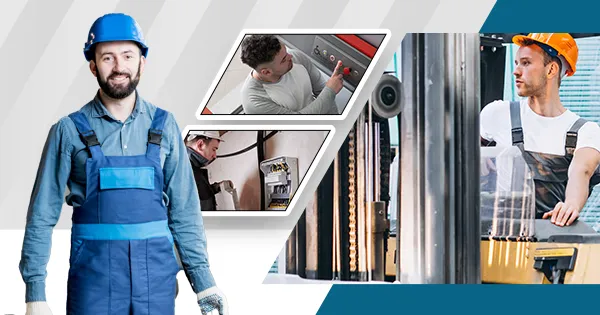Elevators play a vital role in ensuring convenient and efficient vertical movement in commercial and residential buildings. However, to maintain their functionality and safety, regular maintenance is not just recommended—it’s essential.
The Importance of Preventive Maintenance
Preventive maintenance ensures elevators operate smoothly without unexpected breakdowns. Regular inspections help identify potential issues before they become serious problems. This proactive approach minimises downtime, reduces costly repairs, and extends the lifespan of elevator systems.
Enhancing Passenger Safety
One of the primary reasons for routine elevator maintenance is the safety of passengers. Faulty doors, sudden stops, or jerky movements can pose significant risks. Routine servicing ensures that safety features such as emergency brakes, alarms, and communication systems are in optimal condition.
Compliance with Legal Requirements
Most local authorities mandate regular elevator inspections and maintenance. Failure to comply with these regulations could result in fines or even the shutdown of elevator operations. Keeping up with inspections also helps to avoid legal liabilities in the event of an accident.
Integration with Broader Building Care
Elevator maintenance is often part of a broader building maintenance strategy. When integrated with other facility services, like electrical inspections or HVAC checks, it ensures overall building health and functionality.
Reliable Support for Emergencies
Unexpected issues can still arise, making access to reliable on-demand help essential. In such cases, handyman services can offer quick assistance to address minor repairs or operational concerns, preventing minor issues from escalating into major faults.
Conclusion
Elevator safety is not something to be taken lightly. Regular, comprehensive maintenance ensures that systems operate efficiently and passengers remain safe. By integrating elevator upkeep into an overall facility management plan, building owners can ensure smooth operations and long-term reliability.


